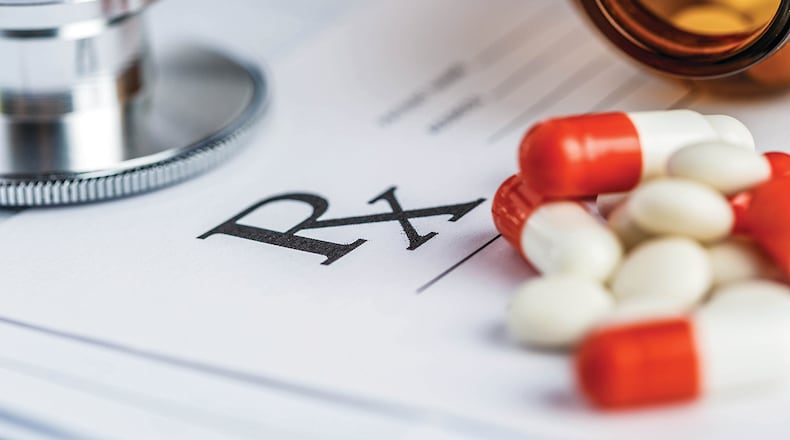In its 2013-14 National Roadside Study of Alcohol and Drug Use, the NHTSA found that 10 percent of weekday, daytime drivers surveyed tested positive for prescription and/or over-the-counter drugs.
Many people recognize that prescription drugs tend to be stronger than OTC drugs, and that recognition may naturally compel them to be extra cautious before driving after taking prescription meds. But the potential side effects of OTC drugs also merit caution on the part of drivers. It’s vital that drivers recognize certain facts about OTC and prescription drugs and keep them in mind before getting behind the wheel.
- The side effects of OTC drugs can be serious. It’s easy to write off the side effects of medications that can be purchased as easily as a candy bar. However, the NHTSA notes that OTC medications can induce drowsiness, cause nausea, cloud drivers' judgment, and adversely affect drivers' hand-eye coordination. Each of those effects can make it dangerous for drivers to get behind the wheel, so it’s imperative that drivers avoid driving if any of the aforementioned symptoms appear.
- Some prescription medications have been linked to higher risk of crashing. According to the NHTSA, opioids, sedatives, muscle relaxants, and some antidepressants have been associated with increased crash risk. When prescribed such medications, patients should discuss how to approach driving with their physicians.
- Mixing medications can impair driving ability. Medications that do not cause side effects on their own may still prove harmful if mixed with other drugs. Mixing drugs with alcohol also can produce side effects that impair driving ability, even for drivers who do not feel as though they consumed an amount of alcohol that would normally compromise their ability to drive safely.
Recognizing the ways prescription and OTC medications can impair driving ability is a vital component of safe driving.
It’s vital that drivers recognize certain facts about OTC and prescription drugs and keep them in mind before getting behind the wheel. Metro Creative Connection photo
About the Author
